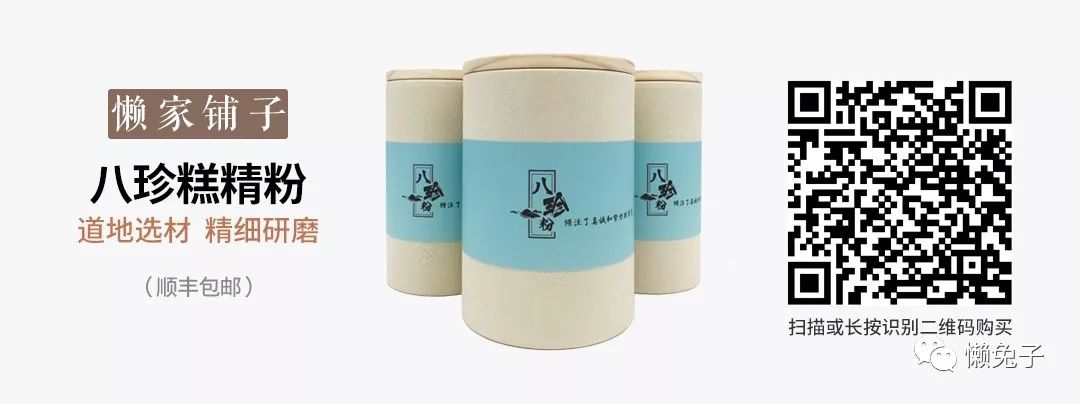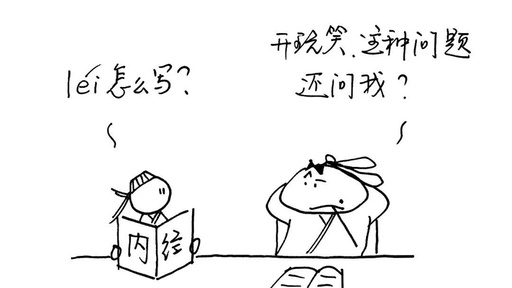Recently, I have encountered several cases of Qi deficiency where the use of Astragalus (Huang Qi) to tonify Qi actually worsened the condition. Therefore, it is necessary to address this issue, as many people may inadvertently exacerbate their Qi deficiency by consuming Astragalus.
First, let’s discuss Astragalus.
Astragalus (Huang Qi) has a sweet flavor and is slightly warm. It has the effects of tonifying Qi and raising Yang, stabilizing the exterior and stopping sweating, promoting urination and reducing swelling, relieving stagnation and alleviating pain, expelling toxins and promoting pus discharge, and promoting wound healing and tissue regeneration.
Among these, its role in tonifying Qi and raising Yang is the most well-known. Whenever Qi tonifying herbs are mentioned, Astragalus is often the first to come to mind. Many TCM health enthusiasts enjoy preparing their own health teas, which commonly include Astragalus, Goji berries, Jujube, Chrysanthemum, Angelica, and others.
If a person truly has Qi deficiency, using Astragalus is naturally beneficial, as it can help to tonify and uplift Qi. However, if the condition is not true Qi deficiency but rather Qi stagnation or Qi constraint, then Astragalus should not be used, as it may lead to a worsening of symptoms.
So why do symptoms of Qi deficiency appear in cases of Qi stagnation or Qi constraint?
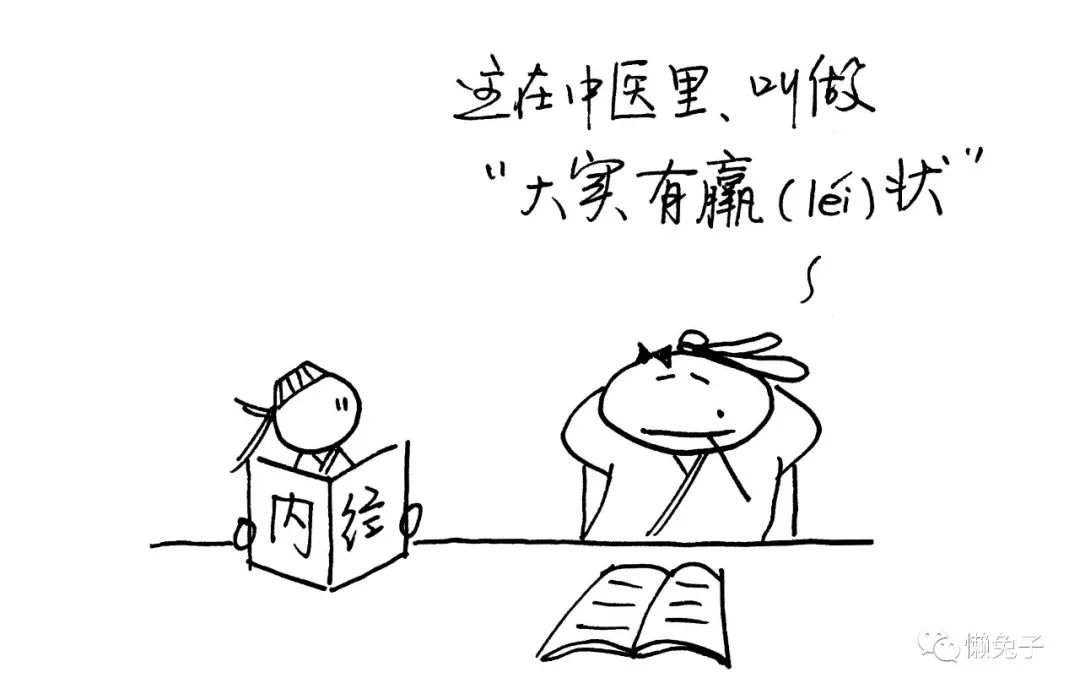
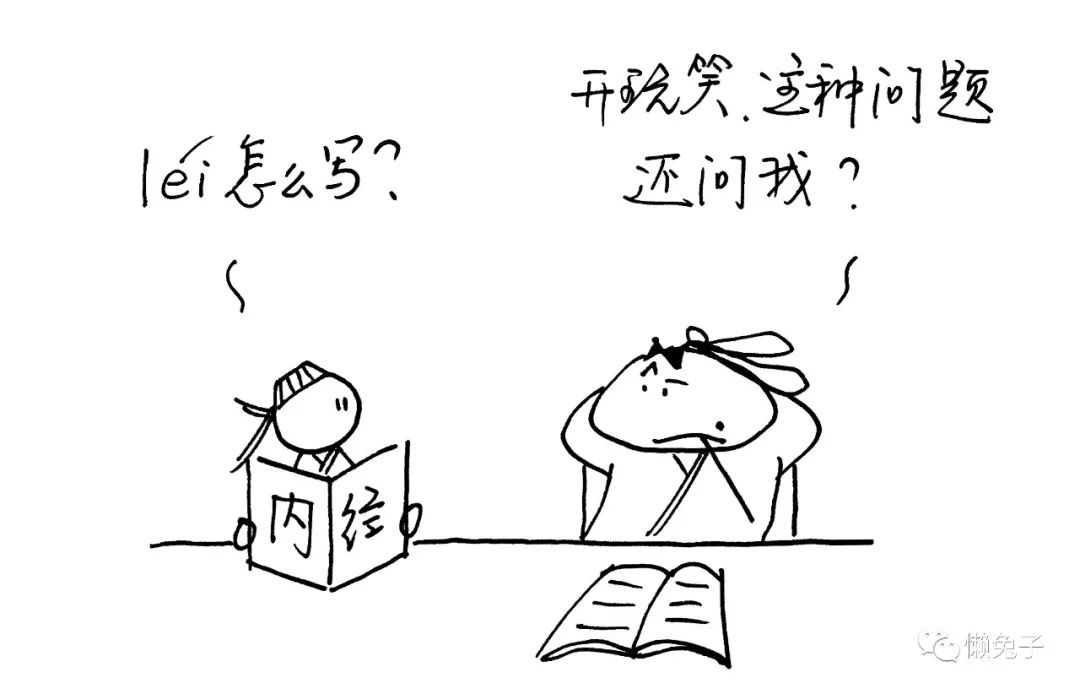
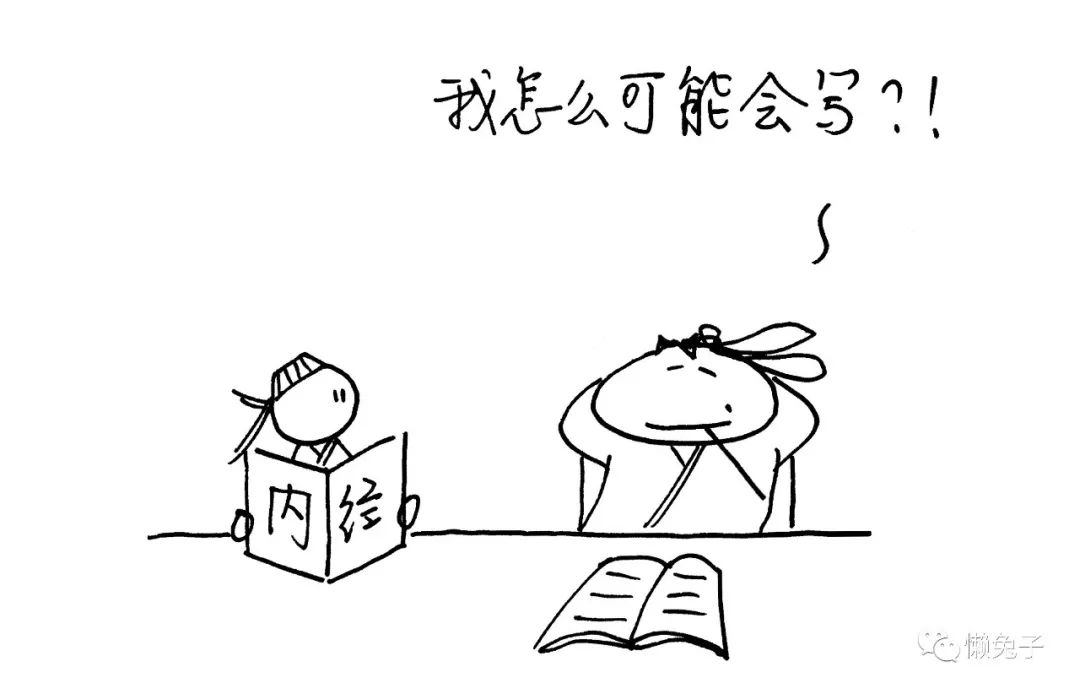
In cases of significant excess, there can be symptoms of extreme weakness, such as Qi deficiency fatigue, shortness of breath, weakness in the limbs, weak pulse, lack of energy, and sensitivity to cold. This phenomenon is known as the principle of extreme excess leading to deficiency, which is commonly seen in TCM, such as extreme heat leading to cold symptoms, and extreme cold leading to heat symptoms.
Therefore, if Qi stagnation or Qi constraint reaches a certain level, false deficiency symptoms may appear. In such cases, it is crucial not to tonify, as this is not true deficiency but rather false deficiency.
At this point, diagnosis can become very challenging. If a practitioner sees a patient who appears weak and has difficulty breathing, and then administers a large amount of Astragalus or uses it as the main herb to tonify Qi and blood, the result will only worsen the condition, potentially endangering the patient’s life.
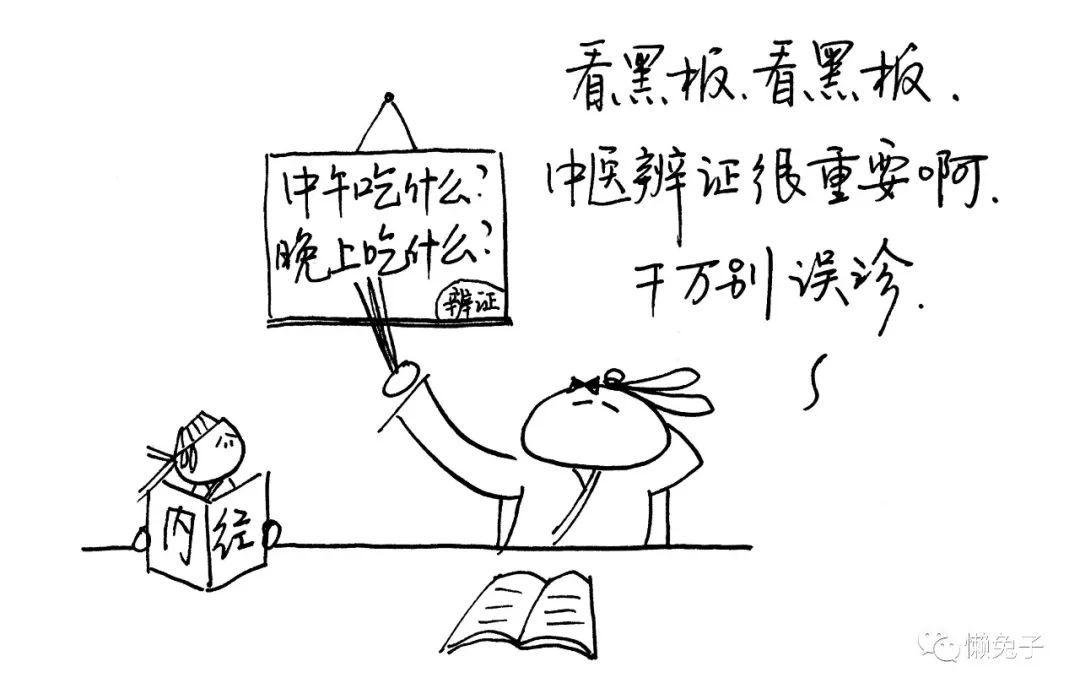
Recently, several severe cases I have encountered all exhibited significant excess with weakness, and they had been taking various Chinese herbal medicines for months without improvement before consulting me.
One elderly patient with nephritis, for instance, presented with symptoms of body weakness, sensitivity to cold, difficulty breathing, lower back pain, and loss of appetite. The formula included a lot of Astragalus, Rehmannia, Cuscuta, Polygonatum, Cornus, and Aconite. After taking the herbs for a while, the elderly patient became so weak that they could not even get out of bed.
Another cancer patient, after extensive chemotherapy and radiotherapy, also exhibited extreme weakness. After taking a tonic containing Astragalus, they fell into a deep sleep and did not regain consciousness until several days after stopping the medication. However, their pulse was deep, strong, and rapid, indicating a condition of excess heat, particularly heat entering the blood level.
Not all post-surgical cancer patients present with deficiency symptoms!
Patients with significant excess and weakness typically exhibit characteristics such as extreme weakness, to the point of being unable to speak, difficulty breathing, and mental fatigue. However, their pulse is often deep, strong, and rapid. This is because Qi stagnation and Qi constraint can easily generate heat, which becomes trapped in the body, leading to a gradual increase in internal heat, resulting in a rapid pulse. Additionally, their tongue is often red with a yellow greasy coating, or even brown or old coating.
Such patients require careful differentiation; one cannot simply tonify upon seeing deficiency, and Astragalus must be used with caution.
So when is it appropriate to use true Qi deficiency? — It must have the following characteristics:
1. Common symptoms include: weakness, pale complexion, shortness of breath, fatigue in the limbs, dizziness, sweating upon exertion, and a weak voice (does this sound similar to the significant excess with weakness mentioned above?).
2. The tongue is pale and tender (as Qi and blood are interdependent, Qi deficiency leads to blood deficiency).
3. The pulse is weak (feeble and thin, even imperceptible).
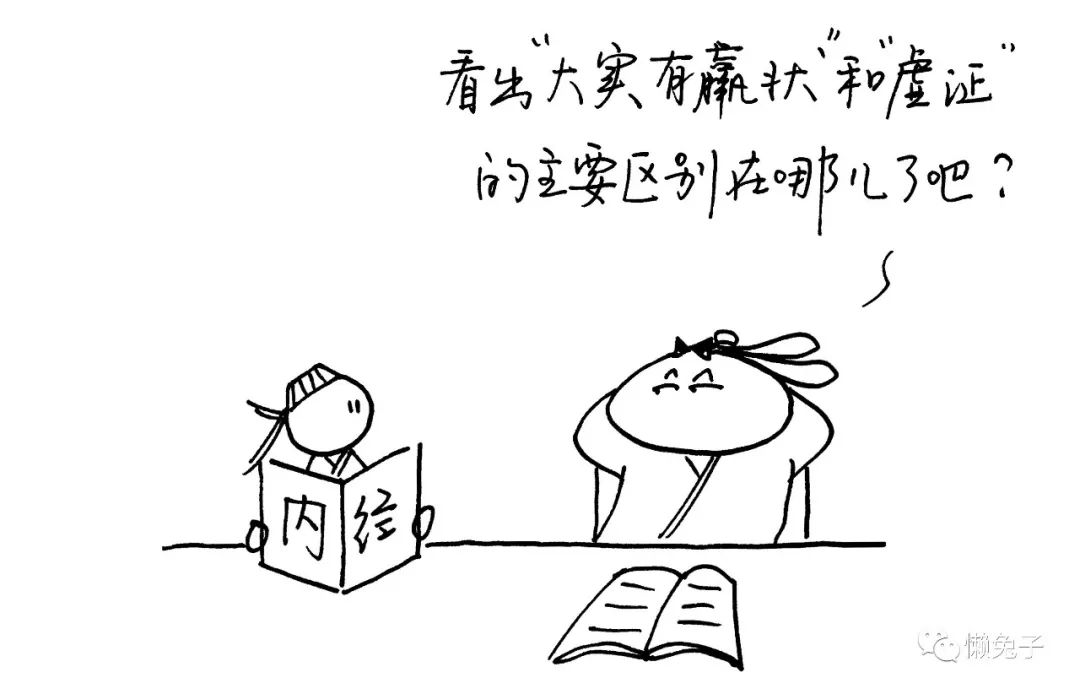
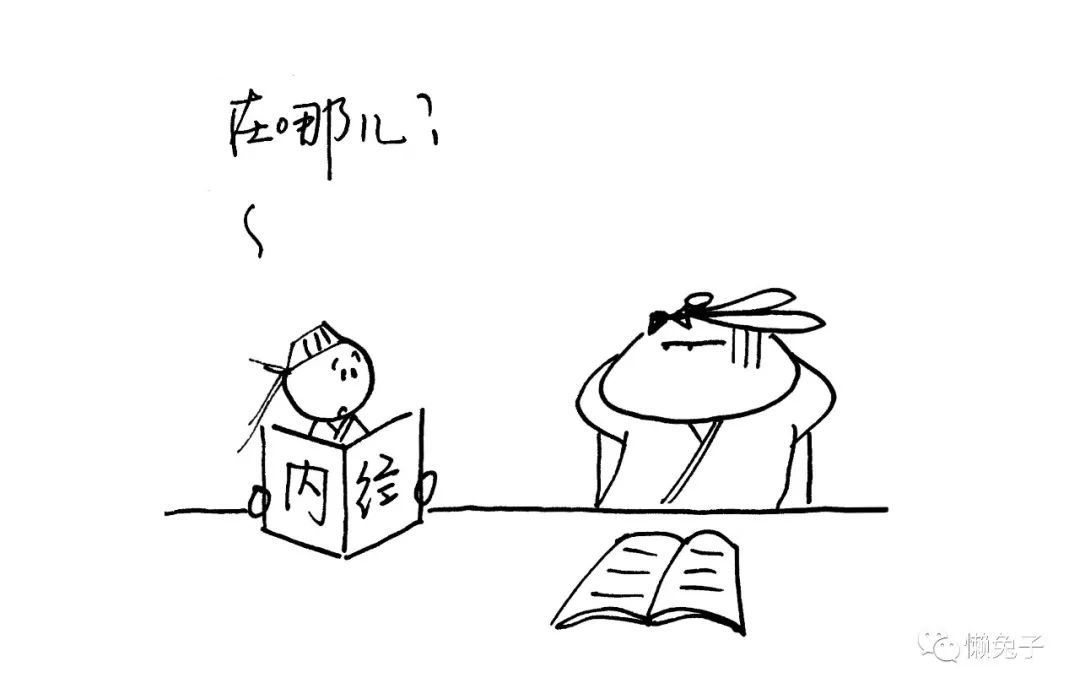
Astragalus is excellent for promoting Qi and has a significant effect. In Zhang Xichun’s Shengxian Decoction, the main herb is Astragalus. It can benefit Qi, warm the meridians, and harmonize blood to alleviate blood stasis. In the Astragalus and Cinnamon Five Ingredients Decoction, the dosage of Astragalus is often around 30-50 grams. This demonstrates the efficacy of Astragalus.
Such a powerful herb like Astragalus has undoubtedly contributed to countless successes in treatment, but improper use can also lead to serious harm. I once saw a case where an elderly gentleman brewed Astragalus tea, and a few days later, he experienced chest tightness and difficulty breathing. After consulting a TCM practitioner, he used dried tangerine peel to brew tea to promote Qi, which alleviated his symptoms.
Therefore, for those with originally obstructed Qi, Qi stagnation, Qi constraint, or Qi reversal, Astragalus should be used cautiously or avoided altogether.
When is the best time to use Astragalus? Let’s look at two cases from Zhang Xichun.
In Cangzhou, there was a girl in her twenties who experienced fullness and discomfort in her chest and sides, restlessness, and sweating upon movement. Her pulse was deep, slow, and weak, especially in the right hand (Qi pulse), which was even weaker.
Mr. Zhang asked the girl if she was sensitive to cold. Since Qi is Yang, a weak right hand pulse could indicate either Qi deficiency or Yang deficiency. However, the girl replied that she was not sensitive to cold. Therefore, it was undoubtedly Qi deficiency. The Qi deficiency led to a sinking of the great Qi, resulting in fullness and discomfort in the chest and sides, as there was insufficient oxygen to nourish the heart and lungs.
Thus, Mr. Zhang prescribed her a decoction of one tael of Astragalus, and after taking it, all her symptoms disappeared.
The second case involved a male patient with a severe condition. A university teacher in his thirties had a very troublesome illness, with redness and swelling from the navel down, leading to ulceration, exposing the testicles, and five holes in his lower abdomen. It was a sight too terrible to behold.
As a result, Mr. Zhang used a large dose of Astragalus, combined with Trichosanthes Fruit (Tian Hua Fen), Frankincense (Ru Xiang), Myrrh (Mo Yao), and other herbs, decocting and taking it for over 20 doses. Remarkably, the ulcerated areas healed, pus was expelled, and scabs formed without the use of any external medications. This demonstrates the power of Astragalus in expelling toxins, promoting pus discharge, and healing wounds.
Thus, any Chinese medicine can be miraculous when used appropriately.
Although Astragalus is excellent, it must be used with careful differentiation.
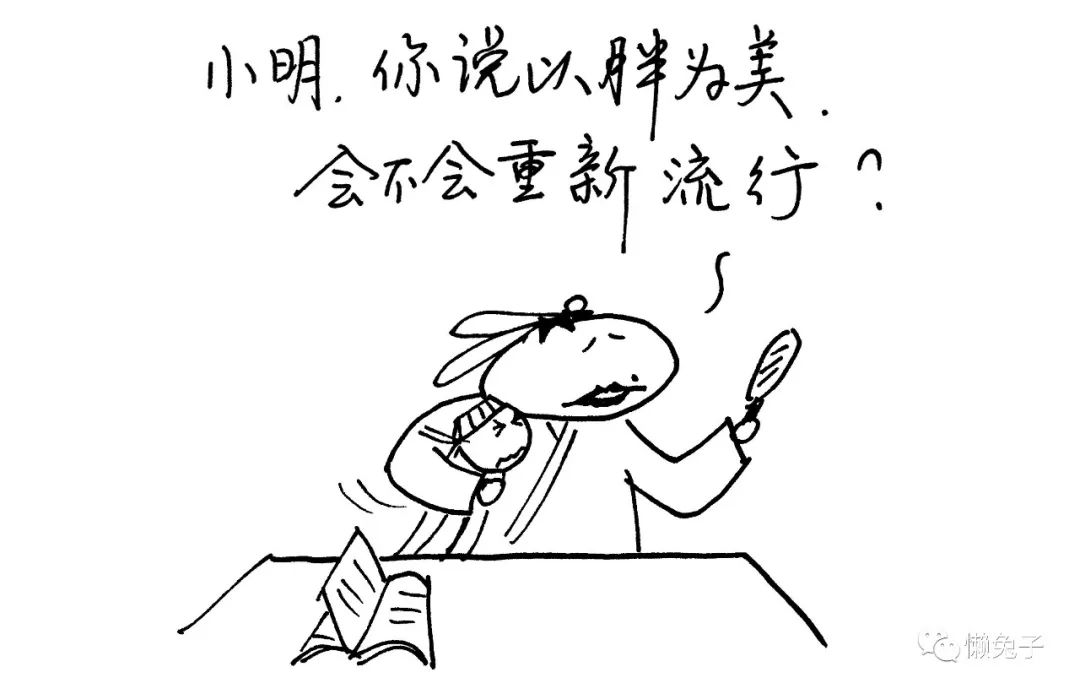
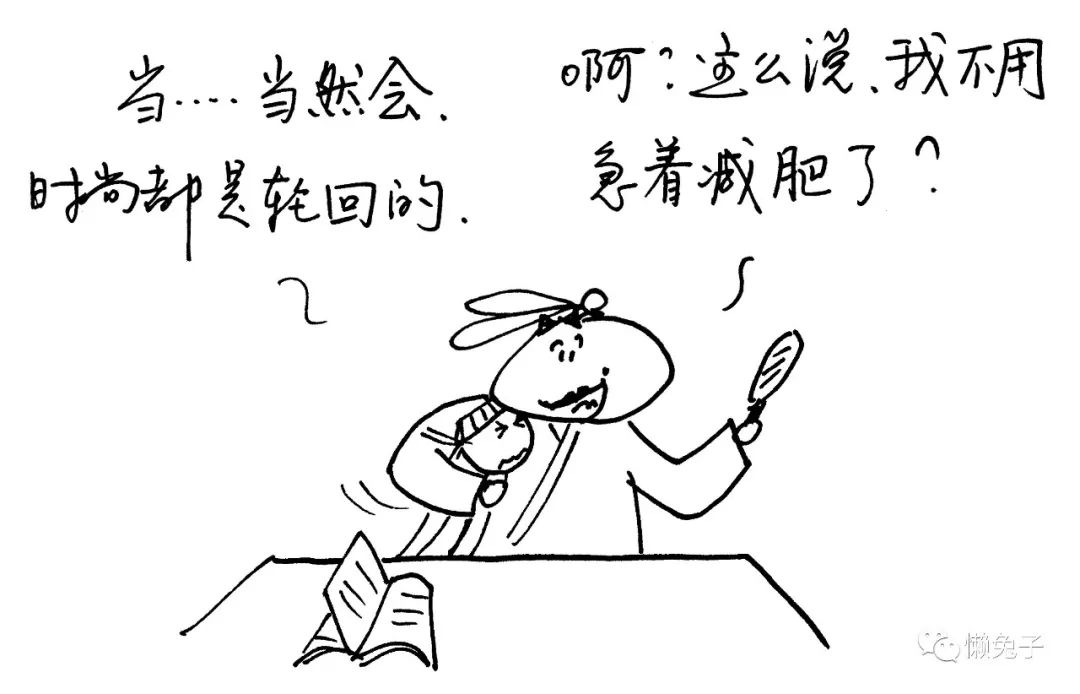
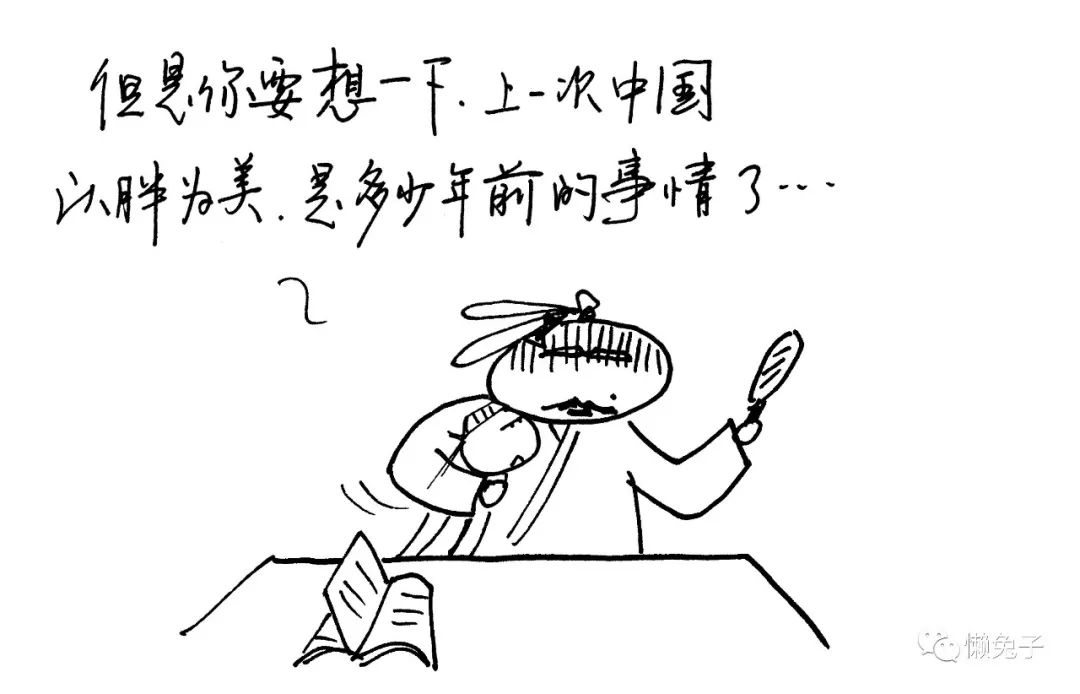
True weakness of the spleen and stomach
Eating Eight Treasures Cake (Ba Zhen Gao) is the best dietary therapy
Many thin people have gained weight from it
It’s really unavoidable
